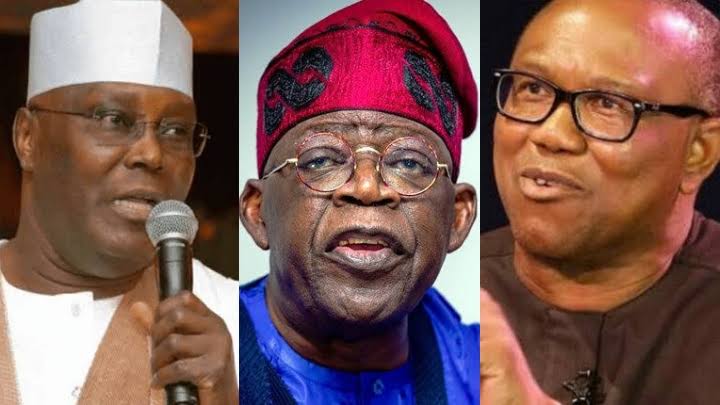Former member of the National Working Committee (NWC) of the ruling All Progressives Congress (APC), Salihu Mohammad Lukman has explained why the opposition cannot unseat President Bola Ahmed Tinubu in 2027.
Lukman, who was the APC former National Vice Chairman (North-west), in a statement on Monday, August 26, in Abuja, noted that all the leading opposition political parties are embroiled in some embarrassing internal crisis, which has pitched leaders of the parties against each other.
He said: “It is quite appalling, for instance, that PDP leaders are antagonistic to Alhaji Atiku Abubakar, Mr. Peter Obi is in the midst of a helpless survival leadership battle in LP and Sen. Rabiu Musa Kwankwaso is over-sighting a directionless NNPP whose roof is being torn apart by no other than its own so-called leaders.”
“All the other parties, including SDP and PRP have adopted a monarchic behaviour, sitting in their comfort zones waiting for disgruntled and aggrieved opposition political leaders to come to them for some ‘royal’ cover.”
The former director general of the Progressive Governors’ Forum (PGF) also identified the selfish tendencies of opposition leaders and their greed for power as another factor.
He added: “Part of the reality is that opposition political leaders in the country are stuck to old political ambitions and, to that extent, therefore, only strategising to manipulate their emergence as candidates for election in 2027. This has become the singular determining factor for political consultations in the country.
“Consequently, there is almost zero trust among opposition political leaders, which has become a thick barrier to political consultations in the country.
"Despite the dangerous situation in the country whereby Nigerians are not only hungry, resulting in malnutrition among millions of children, but also that many Nigerians are daily dying on account of hunger and curable diseases, opposition political leaders continue to live in their comfort zones unable to open lines of consultations, which expectedly should produce the roadmap for political mobilisation towards 2027.”



